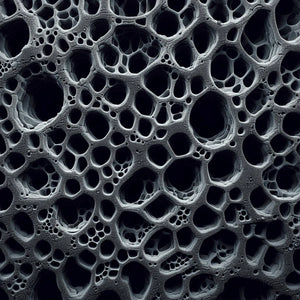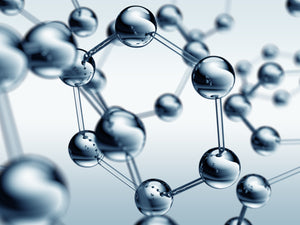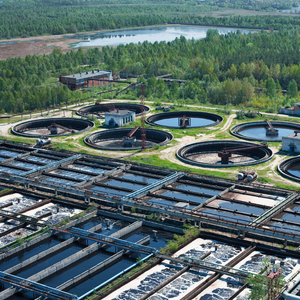Hemp biochar is a powerful and eco-friendly solution for water filtration, thanks to its highly porous structure and extensive surface area. Capable of trapping contaminants such as heavy metals, organic compounds, and chemicals, biochar offers a sustainable alternative to synthetic filtration materials. Its natural ability to adsorb pollutants, combined with enhanced microbial activity, makes hemp biochar an effective and low-cost option for improving water quality across a range of applications—from industrial to rural water treatment.

Porous
Biochar is an effective material for water filtration due to its highly porous structure and large surface area, which allow it to adsorb (trap) contaminants from water.

Removes Pollutants
When used in water filtration, biochar can remove pollutants such as heavy metals, organic compounds, and harmful chemicals by trapping them within its porous matrix. Its ability to enhance microbial activity also supports the breakdown of pollutants, improving the quality of filtered water.

Sustainable Alternative to Synthetics
Biochar’s natural adsorption properties make it an eco-friendly and sustainable alternative to synthetic filtration materials, providing a low-cost solution for water treatment in both industrial and rural applications.

pH Balance and Retention
Biochar can improve water’s pH balance, reduce turbidity, and increase water retention, making it especially useful in agricultural or environmental restoration contexts. Its versatility allows it to be used in standalone filtration systems or as part of more complex water treatment setups.
From the Field

Dec 2, 2024
Biochar: Revolutionizing the Construction Industry with Sustainability and Strength
Read more

Nov 7, 2024
The Future of Carbon Capture Technologies Balancing Cost and Sustainability
Read more
How Hemp and Biochar Align with the UN Sustainable Development Goals
Read more





